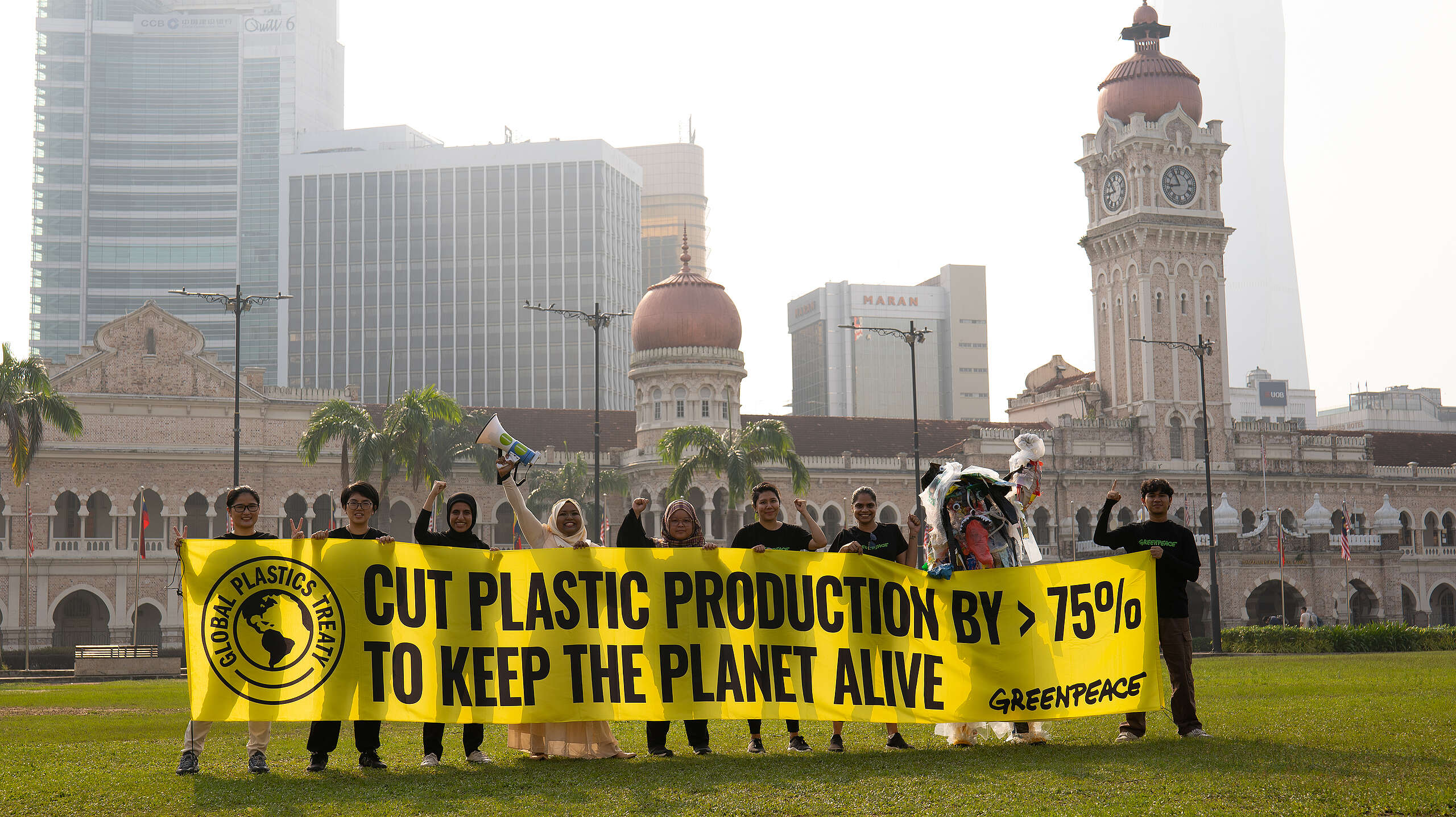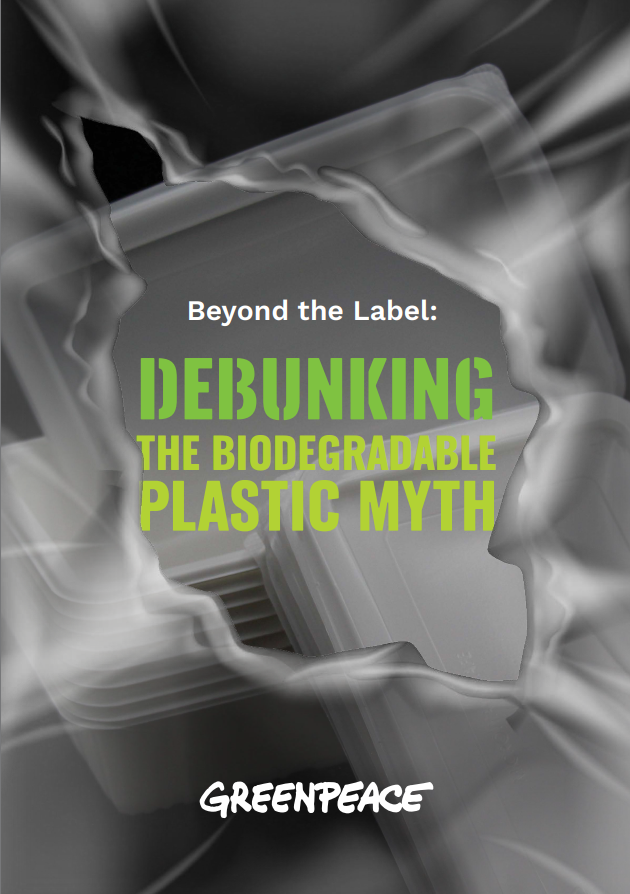A Sustainable Development Goals (SDG) Partnership Conference 2024: Joint Reflection & Action Towards Policy Making and Advocacy was organised by the APPGM-SDG Secretariat on Oct 25 – 27. Attending as a representative of Greenpeace Malaysia, I expressed our intervention on the SDG report concerning the environment.
Root cause of the human-animal conflicts- Deforestation
Malaysia has committed to maintaining 50% of its land as forest and tree cover, yet no one trusts the “50%”. The definitions of forest-related terms in our laws are ambiguous; for instance, areas cleared of trees may still be considered forest cover as long as their land-use classification remains as ‘forest.’
State governments hold ultimate authority over land matters, particularly regarding land and natural resource extraction, which is largely decided at the state level rather than federally. This structure poses significant challenges for forest conservation efforts in Malaysia.
In addition, not all information about forest land, reforestation, or replanting projects is published on state government websites, limiting public access to monitor the timelines, progress, and outcomes of these conservation initiatives. Even the Federal government faces obstacles in accessing state-level forest data. Civil societies have been calling for data transparency, viewing this lack of accessibility as a severe violation of the right to reliable information. Access to transparent data is crucial for holding governments accountable for their conservation efforts and their impacts.
Our forest governance is sick and not functioning. There is an urgent need for the Federal government, all state governments, Sarawak and Sabah to come together to discuss about forest conservation in Malaysia.
Development activities within forest reserves, whether for mass plantations or mining, must stop. Not only for biodiversity conservation and climate resilience but also for the survival of indigenous Malaysians who have coexisted with the forest for generations. By understanding their deep connection to the land and acknowledging the humanitarian crisis they are facing everyday, more people will recognize that continued deforestation is both inhumane and unjust.
Waste management vs pollution
On waste management, the Ministry of Housing and Local Government (KPKT) and the Ministry of Natural Resources and Environmental Sustainability (NRES) must share authority and responsibility.
Waste is no longer merely a solid substance. In Malaysia, one-third of waste is food waste, contributing to greenhouse gases, while another third is plastic waste. Many overlook that plastic is toxic. The overproduction and overconsumption of unnecessary plastic are contributing to climate change and exacerbating the global plastic pollution crisis.
We also face a significant waste trade issue within the country. Japan alone exported 21.7 million kg of plastic waste to Malaysia in November 2023. It is unrealistic to expect NRES to address plastic pollution alone when KPKT is not adequately responding to pollution issues caused by poor waste management. This approach is insufficient.
All local governments should manage their own waste within their respective districts. To support this, parliament should consider reinstating local government elections. It is unethical and unjust to expect a small village like Batu Arang to receive waste from seven to eight districts through a mega waste-to-energy project. If we find it unethical for developed countries to dump their waste in Malaysia, why should we find it acceptable to transfer urban waste to rural areas?
In September, SUHAKAM launched a Clear Air Report, which will soon be tabled in parliament. Their recommendations include amending the Federal Constitution to recognise the right to a safe, clean, healthy, and sustainable environment and enacting a Clean Air Act for Malaysia. We hope parliament will discuss and adopt these recommendations.




